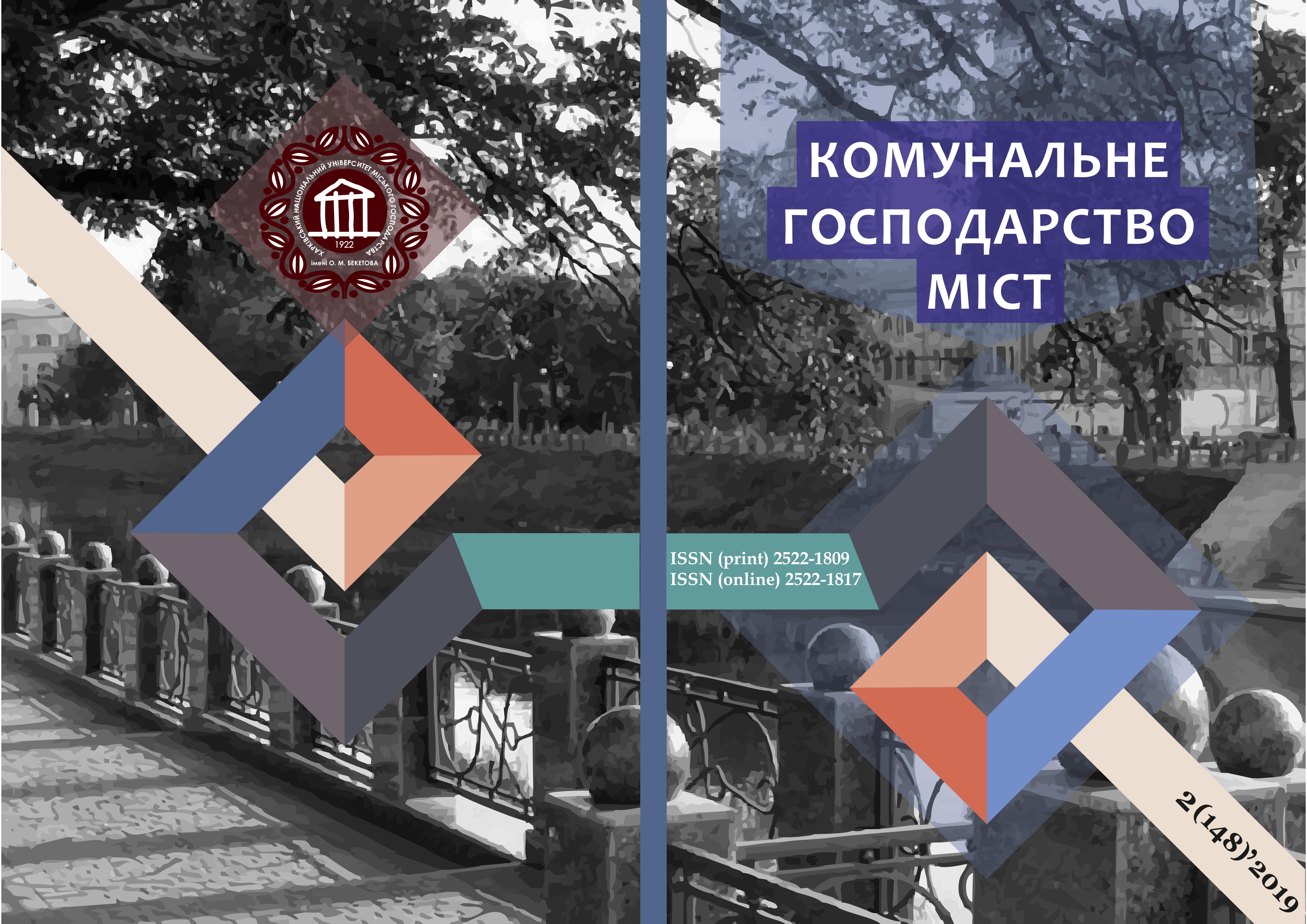FORMING FINANCIALLY MONETARY MODELS OF GLOBAL ECONOMY AND ITS CONSEQUENCES FOR THE NATIONAL STATES
Array
Keywords:
global economy, financial globalization, monetary globalization, monetary policy, transnacionalization, national government, stateAbstract
Analyses the interaction between the real and financial sectors as important components of the functioning of the modern global economy. Found that this interaction as a global economy provides advantages and generates economic instability and danger for the country. Investigated the following forms of financial globalization, as the growing mobility of international capital through liberalization of the conditions of transboundary move; the international expansion of multinational banks and other financial institutions; increase in international financial flows in the form of international settlements, payments, transfers, migration capital; enhancing the role of international financial institutions, in particular IMF, the World Bank and the WTO in the formation and regulation of the global financial system; convergence of national banking systems and strategies of monetary policy of central banks. It is proved that the transformation of the global economy in a global monetary economy occurs as a result of the prevalence of its financial component and the functioning of the latter as a separate independent system and increase the role and influence of currency the components of the global processes.
Detected the influence of these processes on the development of the country's financial system based on the individual behind the growing internationalization of financial portfolios as a result of widespread internal liberalization of capital movements; reduction of market the significance of banks as financial intermediary institutions; the determination of exchange rates the financial markets because of the increasing volume of international financial transactions concerning trade, market instability in the financial and monetary system of a particular country. Found that the new conditions of formation and development of global monetarism require combining the efforts of national Governments to organize the controls in the new situation. First, the regulation requires the problem of speculative short-term capital flows, which can make the chaos in the activities of national Governments and their economic policies. It is proved that the failure of States to regulate the national economy will grow, because the rivalry by the inflow of foreign investment, stronger makes use of such traditional tools of macroeconomic Regulation, as export subsidies, exchange rate of the national currency, customs tariffs, the rate of refinancing of the Central Bank and the growth of internal transactions complicates the implementation of economic and tax policy. Found that the national Government is losing more and more opportunities to influence the governance of their State, and the Institute of the State in terms of financial and monetary model of the global economy is undergoing changes, and above all, through the transfer of its sovereignty to supranational structures.
Keywords: global economy, financial globalization, monetary globalization, monetary policy, transnacionalization, national government, state.
References
Bugriy, M. G., Us, I. V, Fedorenko, T. O., Medvedkina, E. O. (2012). The Global Economy in the Post-Crisis Period: Trends and Prospects. Kiev, 246.
Geld, D., McGrew, E. (2004). Globalizatsiya / antiglobalizatsiya. Kiev, 180.
Giddens, E. An escaping world: how globalization is changing our lives (2004). International Relations. Moscow, 120.
Lukyanenko, D., Kolesov, V., Kolot, A., Poruchnik, J. Stolyarchuk, A. (2013). Global economic development: tendencies, asymmetries, regulation: monograph. Kiev, 466.
Triennial Central Bank Survey of Foreign Exchange and Derivatives Market Activity in 2017. Final Results. Retrieved from http://www.bis.org/publ/.
Eshchenko, P.S., Arseenko, A.G. (2012). Where does the global economy move in the 21st century? Kiev, 479.
Argentine investment climate. Retrieved from http://www.nalogi.net/.
Global Development Finance 2017 World Bank, Washington DC. Retrieved from http://www.worldbank./org/
Global Capital Markets: Entering a New Era. McKinsey Global Institute. Retrieved from http://www.mckinsey.com/mgi.
Huntington, S. (2008). Who are we? Challenges of American National Identity. Moscow, 379.
World Economic Outlook 2018 September. IMF. Washington DC. Retrieved from http://www.imf.org.
Rodrik, D. (2014). The paradox of globalization: democracy and the future of the world economy lane. Moscow, 576.
Castells, M. Information Age: economy, society and culture. Retrieved from http://www.gumer.info/bibliotek_Buks/Polit/kastel/02.php
Downloads
Published
How to Cite
Issue
Section
License
The authors who publish in this collection agree with the following terms:
• The authors reserve the right to authorship of their work and give the magazine the right to first publish this work under the terms of license CC BY-NC-ND 4.0 (with the Designation of Authorship - Non-Commercial - Without Derivatives 4.0 International), which allows others to freely distribute the published work with a mandatory reference to the authors of the original work and the first publication of the work in this magazine.
• Authors have the right to make independent extra-exclusive work agreements in the form in which they were published by this magazine (for example, posting work in an electronic repository of an institution or publishing as part of a monograph), provided that the link to the first publication of the work in this journal is maintained. .
• Journal policy allows and encourages the publication of manuscripts on the Internet (for example, in institutions' repositories or on personal websites), both before the publication of this manuscript and during its editorial work, as it contributes to the emergence of productive scientific discussion and positively affects the efficiency and dynamics of the citation of the published work (see The Effect of Open Access).

